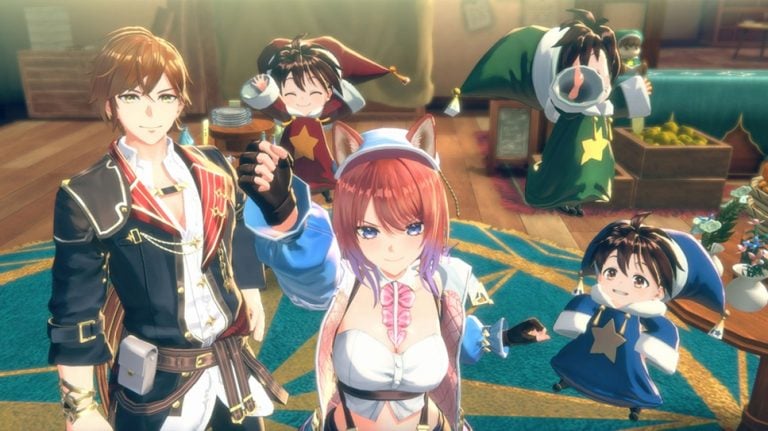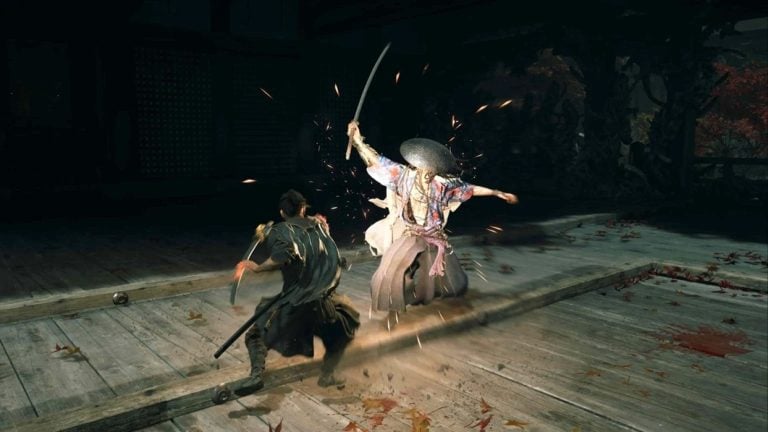In recent years, the number of Steam users in Japan has appeared to be trending upward according to data released by Valve, although there are numerous opinions about why this is the case (related article).
There has also been a conversation between some players and developers about whether reviews from Japanese players are more critical, with some thinking it could make publishers hesitate to add Japanese language support or release their games in the country. However, with circumstances differing by publisher and game, it’s a difficult discussion to actually draw any conclusions from.
That’s why we reached out to some publishers with games for sale on Steam to find out what they think. Each publisher was asked the following 4 questions. Please continue on to see what they had to say.
*Answers have been slightly edited for clarity
1.Does your company feel like there’s been an increase in sales from users in Japan?
2. Do you have a game for sale on Steam that is currently popular with Japanese players? Moreover, if you have a game that maybe isn’t currently popular in Japan but that you want Japanese players to know about or think they will enjoy, please tell us about it.
3. There’s been a discussion between players and developers in Japan that Japanese users are more critical of games when reviewing them compared to users in other countries. Do you find Japanese reviews to be more critical? If so, has there been a time where you were concerned about these reviews lowering your overall review scores, or have these concerns caused you to hesitate or forgo releasing a game in Japan?
4. Do you have plans to push Japanese language support in your games going forward or adding it to past releases?
11 bit studios, Konrad Adamczewski

1. (Whether there has been an increase in sales from users in Japan)
At 11 bit the situation looks pretty stable in terms of Steam sales in Japan. We didn’t observe any major spikes recently, maybe because we always had a solid presence on the Japanese market.
But on Steam, on the other hand, we got all our games like Frostpunk, This War of Mine, Moonlighter, and Children of Morta translated into Japanese from day one, and I think it’s a part of why our sales in Japan look stable.
2. (Games that are popular among Japanese users)
I believe, but sure, mostly on consoles where for example Moonlighter which we published is extra popular on Switch. But the Steam results look sturdy.
Like I’ve said – Moonlighter is hugely popular in Japan, but I suppose the fact that it’s kind of a love letter to SNES jRPG-s helps a lot. And it fits Switch so well.
We’re also preparing a new release for Japan – South of the Circle, a narrative-based game, which came our earlier in other regions, but this one skips PC, unfortunately.
3. (Whether Japanese users are more critical of games when reviewing them compared to users in other countries)
As for the reviews, from what I’m spying here, Frostpunk has a really good ratio between negative and positive reviews in Japan. And This War of Mine also, so maybe we really make games that appeal to that audience 😉
But actually, maybe Japanese gamers are really more critical. I think games are still a bigger part of the culture in Japan in general, despite them being super popular in the West, and you may be more serious when judging them. I mean with the arcades still operating, hugely popular mobile gaming as I assume, and gaming being probably the still more natural thing for average people in Japan than an average people in Europe or the US, maybe you giving games a more in-depth look in general and because of that you’re more critical?
4. (Plans to push Japanese language support going forward or adding it to past releases)
What’s remarkable is that Children of Morta also has a Japanese voiceover by Takaya Hashi as the game’s sole narrator, and it’s great to have such a voice actor in our game, and we will be definitely looking to do more things like this with future titles.
Chucklefish, Alexis Trust
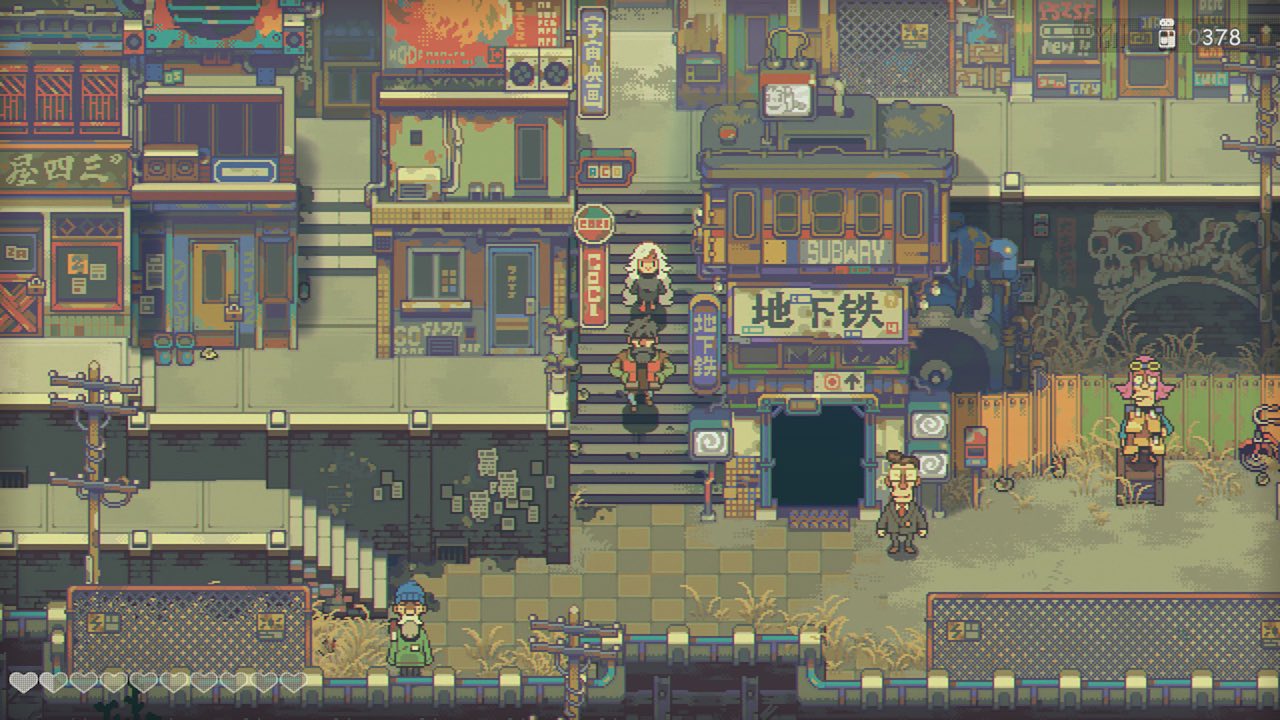
1. (Whether there has been an increase in sales from users in Japan)
Yes! After seeing an increased interest in our published title Pathway, we decided to partner with Kakahashi Games to bring more of our games to Japan, such as Eastward and Wildfrost. Interest has been so high that Japanese language is now often an absolute must when we’re deciding on localization options.
We also believe that having a presence at Japanese events such as BitSummit and Tokyo Game Show is crucial to our marketing and publishing efforts. The feedback we receive from players has also been invaluable to improving our titles and their localization.
2. (Games that are popular among Japanese users)
Pixpil’s action RPG Eastward was a really exciting project for us. Working with Japanese partners, we were able to create a bespoke collector’s edition which included exclusive merch only available in Japan, and tailor our messaging to the Japanese player base and media. The reception has been so incredibly positive and it’s been a huge learning opportunity for us to better understand the landscape – it’s made us even more excited to work in Japan in the future!
We also have a wonderful card game coming to PC and Nintendo Switch in the not-so-distant future called Wildfrost. It’s a tactical rogue-like deck builder with an incredibly cute aesthetic that we’re sure players will love. We’ve already started to plan Wildfrost’s attendance at Bit Summit and Tokyo Game Show, so please keep an eye out and let us know what you think if you do get a chance to play the game!
3. (Whether Japanese users are more critical of games when reviewing them compared to users in other countries)
We’ve only ever received fair feedback from Japanese critics which has largely been in-line with the feedback of Western outlets, and our release plans have never excluded Japan’s journalists or players. We welcome feedback globally in order to improve the game.
There’s so much opportunity to reach players, expand your community and gain valuable feedback on your game that it seems silly to discount an entire region. For us, the pros of supporting Japan outweigh any perceived cons by a large margin.
4. (Plans to push Japanese language support going forward or adding it to past releases)
We’ll continue to support Japanese fans where possible! During development we consider how in-game text, UI/UX would parse on the screen with character-based languages such as Japanese, so that we can ensure players have access to the game on day-one like everybody else. This option may not be feasible for some of our older titles, but the future is bright for Japanese players, and we’ll always do our best to reach as many of them as possible.
We love Japan and the players there have been nothing but kind and supportive of our studio. Our hope is to continue making games that we love, and that Japanese players can enjoy.
Hooded Horse, Tim Bender
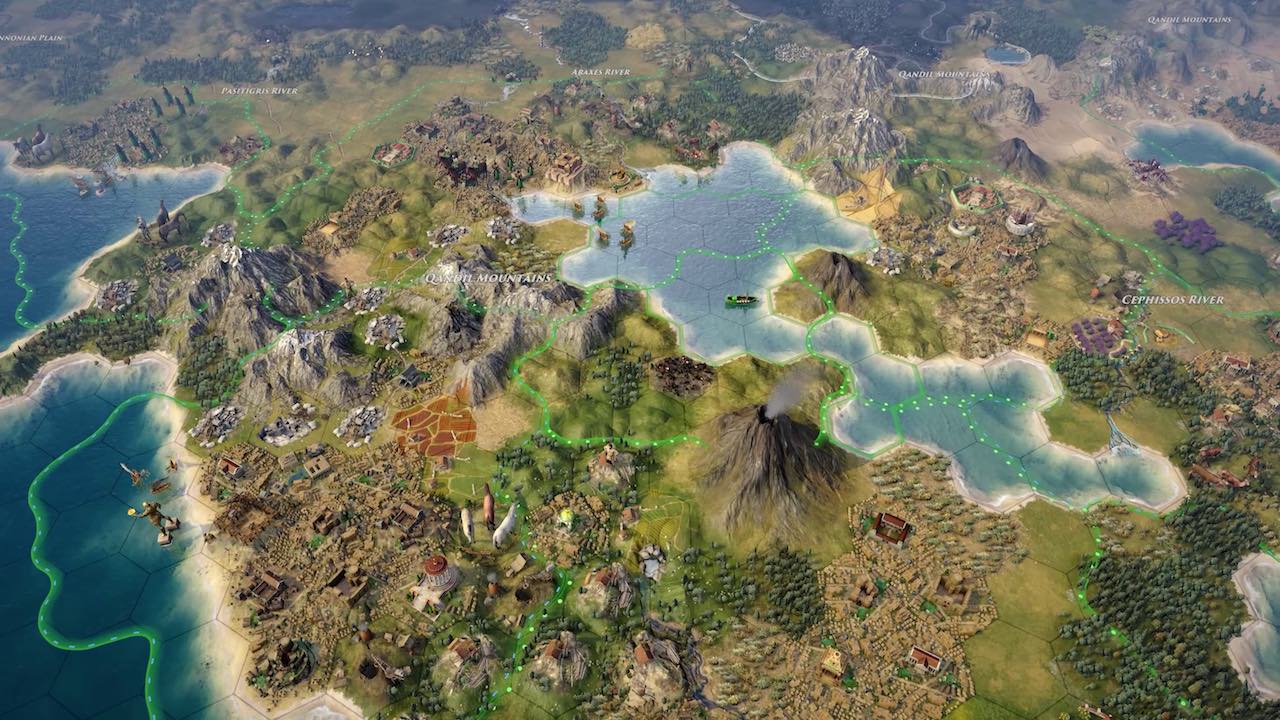
1. (Whether there has been an increase in sales from users in Japan)
We haven’t been around long enough to observe changes over time (our released games all released this year), but what I can share is that our percentage of Japanese players far exceeds the percentages in those reports. Specifically, Japanese players are greater than 6% of both Clanfolk and Old World.
I’ve been trying to promote the importance of Japanese localization to other publishers and developers, so that more games localize into Japanese, for example I discussed it with GameDiscoverCo, the principal news resource for publishers and developers on marketing games on Steam.
2. (Games that are popular among Japanese users)
All of our games actually! Not just the released games mentioned above, but also our wishlists for unreleased games come in large proportion from Japanese players. I would say in particular we have seen a lot of excitement about Terra Invicta among unreleased games, which is a grand strategy game involving an alien invasion.
Japanese players are the most kind and supportive group of players anywhere in the world. The reason for the games doing well in Japan is because Japanese players and influencers make extraordinary efforts to share their love for games. Actually, during the launch day of both Old World and Clanfolk, over 90% of Twitter comments about the games were in Japanese! And amazing Japanese influencers like このさきれむ (Konosakiremu) have done so much to support us.
3. (Whether Japanese users are more critical of games when reviewing them compared to users in other countries)
We haven’t seen that at all! Japanese player reviews have been broadly the same in percentage positive as those in other languages.
There is a website that allows quick comparison of review percentages across languages, here are the links for Old World and Clanfolk.
For both games Japanese players are about the same percentage positive as the overall review average.
4. (Plans to push Japanese language support going forward or adding it to past releases)
We will always localize every game we publish into Japanese, as long as the game can be localized at all. We have made a firm commitment to this.
Right now, that means 15 out of 16 of our games are released or are going to release with Japanese language included. The sole exception is NEBULOUS: Fleet Command, which unfortunately was not coded to allow localization into any language (so it is only in English). But if the developer ever adds the ability to support other languages in the code, Japanese will be the first language we commit to doing for that final 16th game as well!
Humble Games
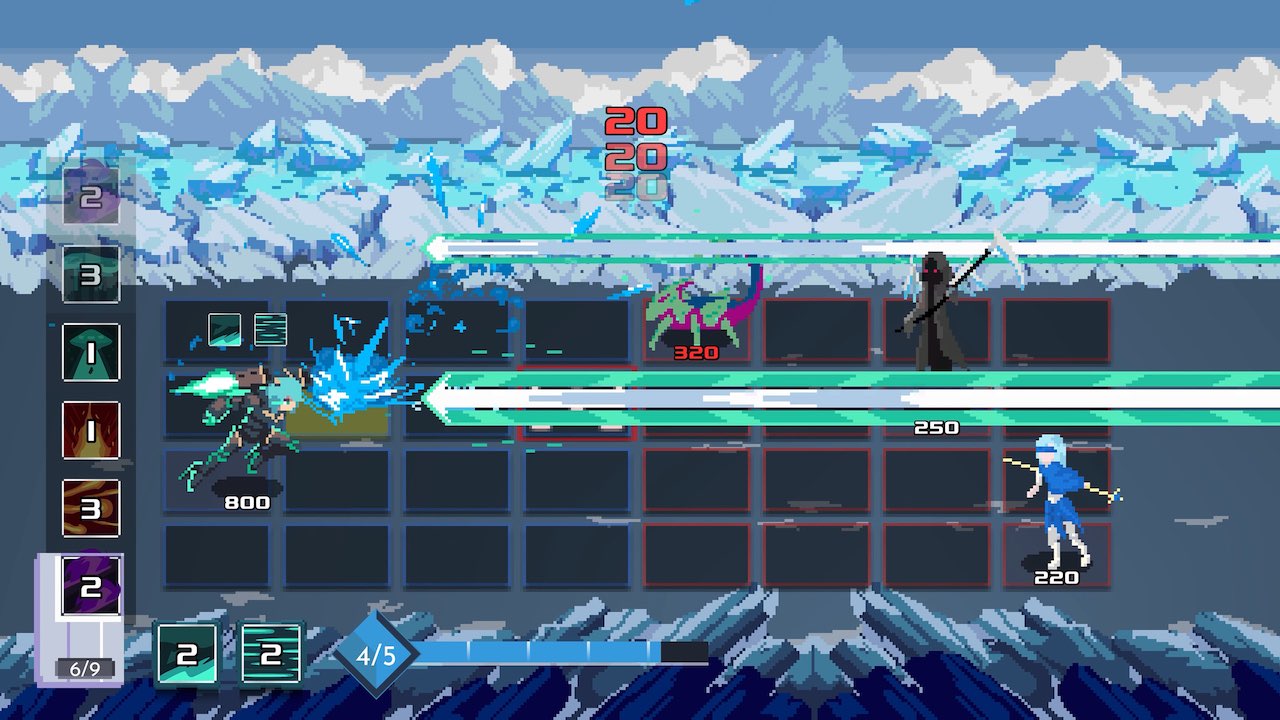
1. (Whether there has been an increase in sales from users in Japan)
We have seen a slight increase year over year in Steam unit sales (approximately 20%) but that could be attributed to many different factors such as an increase in the number of games released in that region. One thing is certain though, Humble continues to support Japanese gamers with localized versions of our games and we hope that some of the new games we are releasing in 2022, 2023 and beyond will have greater appeal to the Japanese gaming audience.
2. (Games that are popular among Japanese users)
One game in particular, One Step from Eden, by indie developer Thomas Moon Kang, is a co-op strategic deck-building and real-time action game with rogue-like elements that did particularly well in Japan when it first launched in 2020. In fact, Japan was the #2 territory behind the US! But we have other games like the award-winning Unpacking, by Witch Beam, a zen puzzle game about the familiar experience of pulling possessions out of boxes and fitting them into a new home, which has also done well.
Looking forward to future releases we have several new games we feel will appeal to the Japanese audience including:
• Coral Island by Stairway Games, a laid back farm building simulation game which is headed into early access on October 11th.
• SIGNALIS by rose-engine, a survival horror game launching on October 27
• Mineko’s Night Market – a narrative-driven social simulation adventure game that is set in a Japanese inspired village is coming soon
3. (Whether Japanese users are more critical of games when reviewing them compared to users in other countries)
We understand that not all games appeal to all audiences in every part of the world and it’s likely that review scores will differ, depending on personal preferences and tastes of the individual reviewer. That is true of all press, no matter where they come from. We welcome all opinions, positive or negative. Both are key to learning for future game releases.
We have never actively not released a game in Japan because we thought the review scores would be bad.
4. (Plans to push Japanese language support going forward or adding it to past releases)
At Humble Games we make all our titles available in Japanese. “We are inclusive” is one of our core values as a company and as such, we try to make our games as accessible to players around the world as much as possible. Japan has a wonderful tradition in video games, as a result we see Japan as an important market for the developers we represent.
Neon Doctrine, Vladislav Tsypljak
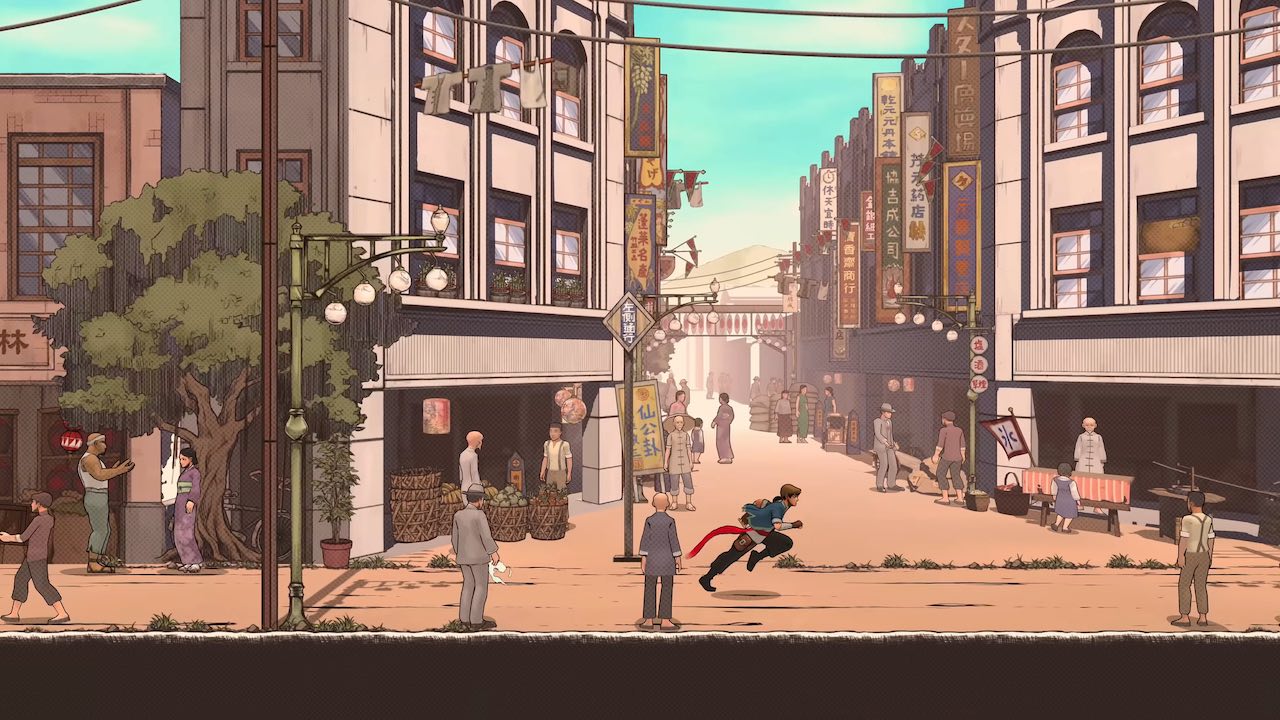
1. (Whether there has been an increase in sales from users in Japan)
In the past 5-6 month can definitely see a decent spike in sales coming from Japan.
2. (Games that are popular among Japanese users)
We actually have quite a few games that do well in Japan. The most recent ones would be The Legend of Tianding and My Lovely Wife.
3. (Whether Japanese users are more critical of games when reviewing them compared to users in other countries)
In terms of review scores, I can’t really say that Japanese gamers are more critical. We try to make sure that all of our titles that are released are polished and bug free, so generally we get good scores. Generally, the reviews pretty much match the scores from the west.
4. (Plans to push Japanese language support going forward or adding it to past releases)
The majority of our games already have Japanese language support. We work closely with our partners from Beep Company to make sure the localization is of the highest quality. They also help us out with marketing and setting up interviews for the developers with local Japanese media.
No More Robots, Mike Rose
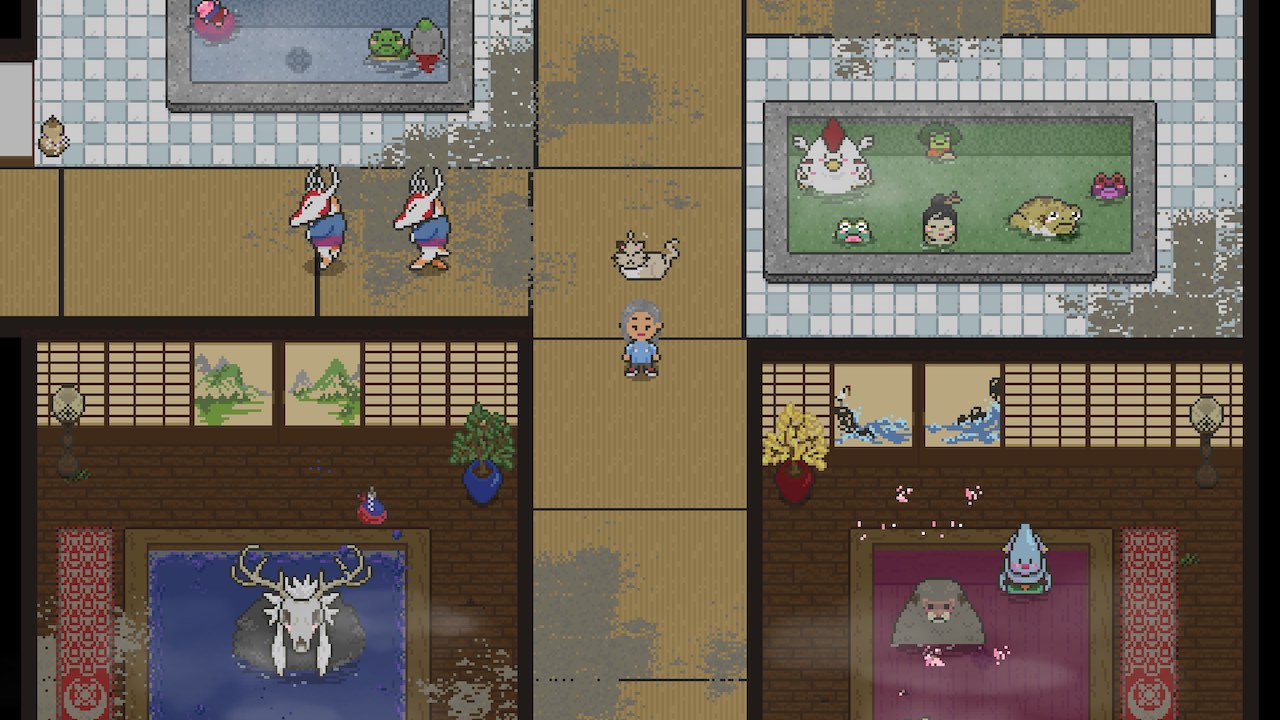
1. (Whether there has been an increase in sales from users in Japan)
When I look at sales stats, I see that for our lifetime sales, Japan makes up around 1.5% of sales. For the last 3 months, Japan makes up around 1.5% of sales. So it hasn’t really changed for us overall.
In fact, when I look at our games that are translated into Japanese, our Japanese sales have actually fallen! For example:
Descenders lifetime Japanese sales = 1.4% of total sales
Descenders last 3 months Japanese sales = 0.9% of total sales
Let’s Build a Zoo lifetime Japanese sales = 3.3% of total sales
Let’s Build a Zoo last 3 months Japanese sales = 2.6% of total sales
However, I will say that we’ve definitely started to see way more Japanese players talking about our games on social media, Twitter especially.
2. (Games that are popular among Japanese users)
The fact that Let’s Build a Zoo has higher Japanese sales than our other games, makes me wonder whether Japanese players are interested in *new* titles rather than older ones, as that’s our only more recent game that has Japanese localization.
We’ll have Spirittea out very soon with Japanese localization, so I imagine we’re going to get good Japanese sales with that one!
3. (Whether Japanese users are more critical of games when reviewing them compared to users in other countries)
In terms of “are Japanese players more critical”, here are some stats for you:
Let’s Build a Zoo overall user rating: 89%
Let’s Build a Zoo Japanese rating: 82%
Descenders overall user rating: 95%
Descenders overall Japanese rating: 81%
So yes, it might be that Japanese players are more critical. But I don’t mind! It’s worth it to have Japanese players trying our games out.
4. (Plans to push Japanese language support going forward or adding it to past releases)
I think we will continue to decide whether to put Japanese language into our games, based on whether we think it makes sense for each game. So for Spirittea, it absolutely makes sense because of the setting of that game. But then with, for example, Slayers X, I don’t think we’ll translate that to Japanese, as it’s a very American-centric game, with many American jokes in it that I don’t think Japanese people would really appreciate/understand.
PID Games
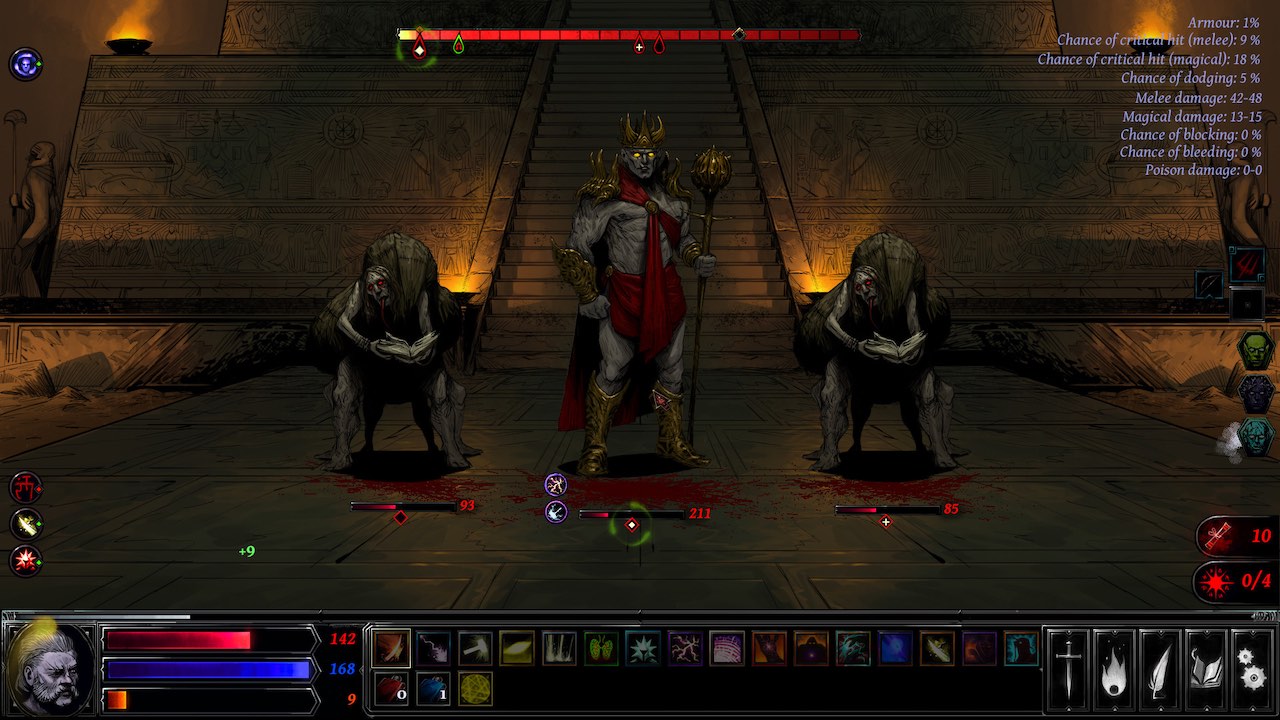
1. (Whether there has been an increase in sales from users in Japan)
Japan is a difficult market to figure out. Media visibility is important. But we have seen a rise in Japanese players being more involved and founding communities either on Steam or on Twitter around PC Indie titles.
2. (Games that are popular among Japanese users)
Hellslave is fairly popular in Japan to my surprise. Upcoming Vernal Edge and Gravity Circuit are also catching a lot of attention.
3. (Whether Japanese users are more critical of games when reviewing them compared to users in other countries)
It hasn’t been a concern. Unlike other player pools, Japanese players are usually fair. For decades Japanese game have been very well polished due to the fact that it was mainly a console market and you couldn’t patch a console game. So nowadays, Japanese players will demand quality and bug free game, which is something we want to aim for.
4. (Plans to push Japanese language support going forward or adding it to past releases)
I’d say we have Japanese language in about 80% of our games nowadays.
Paradox Interactive, Francesca Passoni

1. (Whether there has been an increase in sales from users in Japan)
We have a small, but constant fan base in Japan, with players who enjoy both our GSGs (Grand Strategy Games) and our Management Games like Cities: Skylines. Our fans have been supporting us for many years, even before the pandemic, and we’re happy to see they’re still enjoying our games, exploring genres, and writing their own stories.
2. (Games that are popular among Japanese users)
Cities: Skylines, our city simulator, is very popular in Japan and has a growing and active modding community. This year we also released Surviving the Aftermath – a survival colony builder set after a world-ending event – with our partner at SEGA and we’re excited to see how Japanese players will enjoy the game!
3. (Whether Japanese users are more critical of games when reviewing them compared to users in other countries)
We don’t find Japanese reviews more critical than others, one specific case may be for Crusader Kings 3 where Japanese reviews stand at 88.5%, making Japan one of only 3 countries that gave below 90%.
4. (Plans to push Japanese language support going forward or adding it to past releases)
Our localization process is ever-evolving and improving. We’re on the lookout for potential new countries and languages and evaluating them constantly to improve the players’ experience with our games. We’re also committed to knowing and understanding better all the markets where our games are sold and loved, so whenever we’ll see an opportunity to expand our language support, we will most definitely take it.

Based on the answers we received, it looks like some publishers have felt the difference when it comes to the increase in Japanese users and their reviews, while others haven’t. Sure enough, the situation seems to vary on a by game and by company basis.
On the other hand, these are publishers that PC gamers in Japan are relatively familiar with which may play into why they all share a positive outlook on the Japanese market. But even if they’re only saying so for business reasons, it’s something PC gamers are probably happy to hear.
While this article wasn’t intended to tally up hard data to put the topic to rest, it does give us an interesting glimpse into how these publishers feel about the Japanese market and what they’re doing to release their games here.
Written by. Nick Mosier based on the original Japanese article (original article’s publication date: 2022-09-12 18:04 JST)




